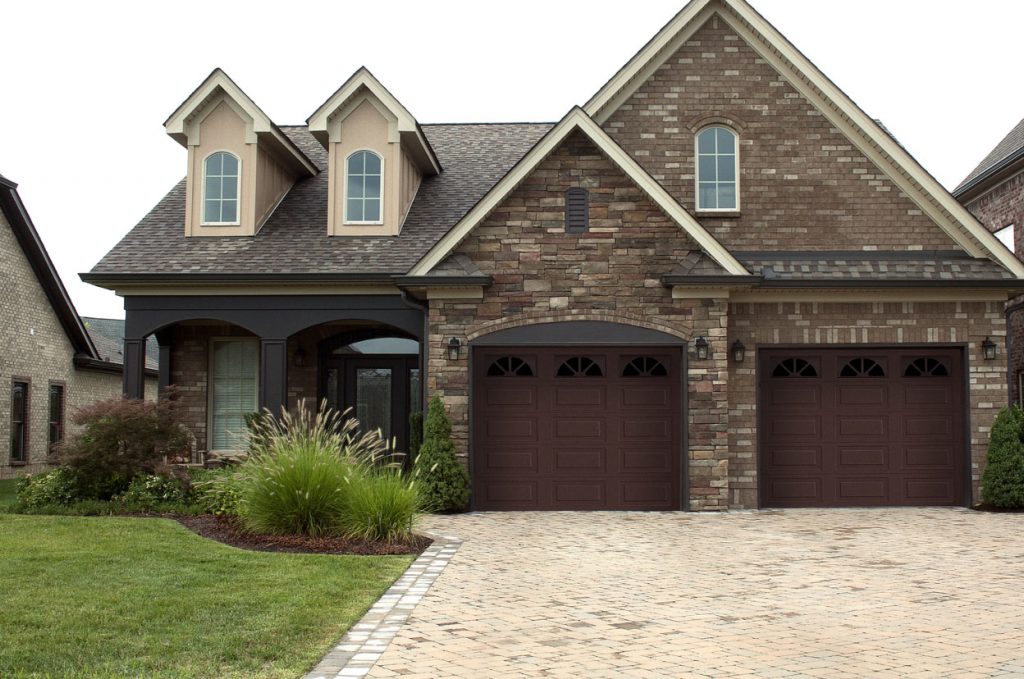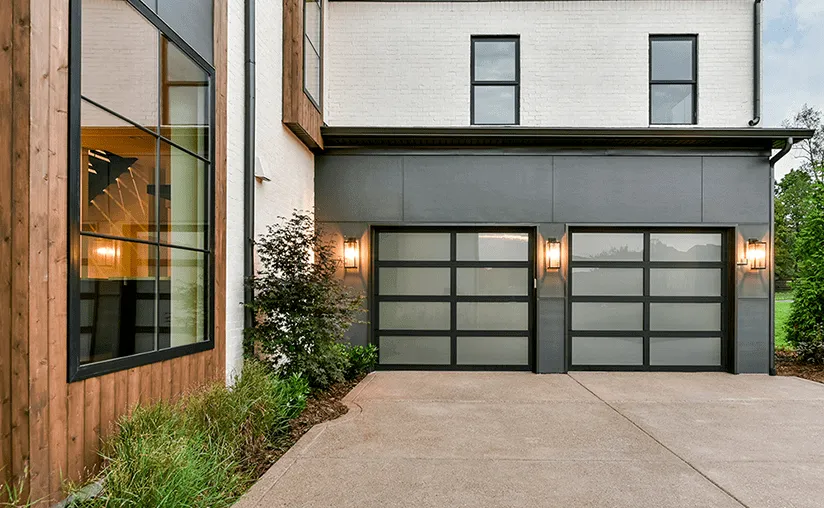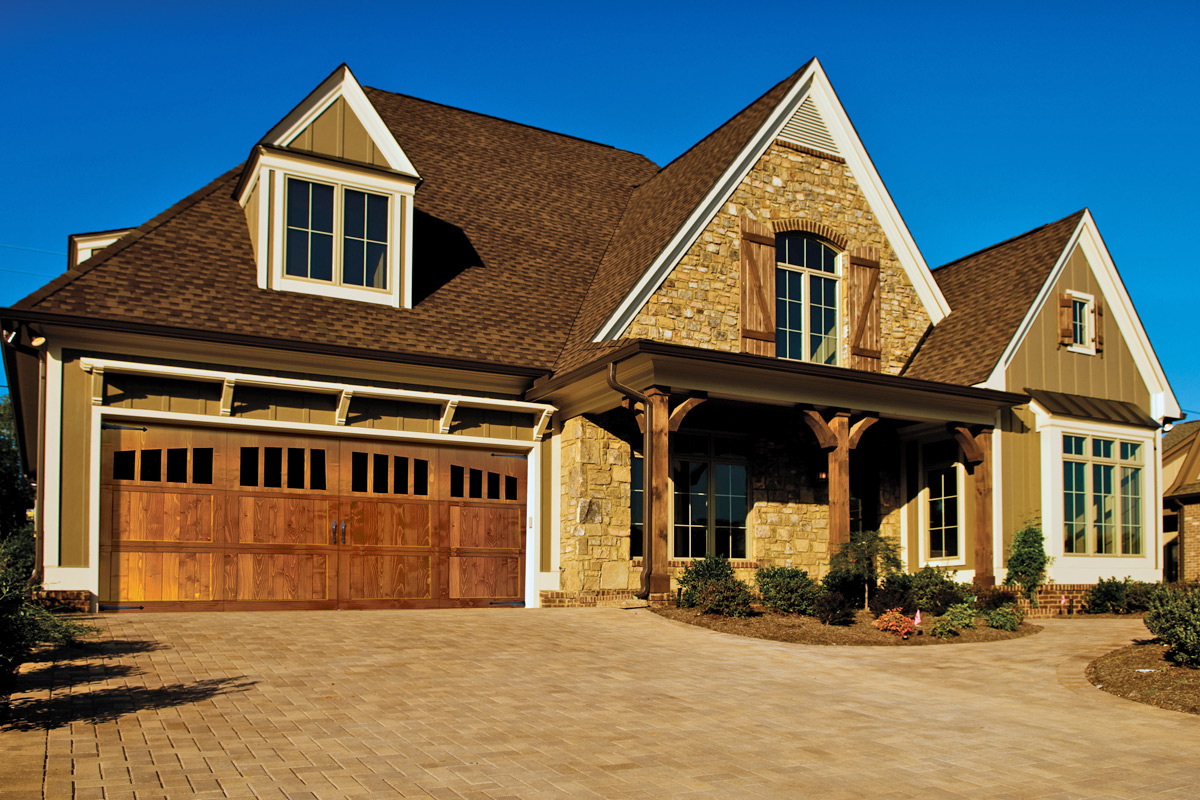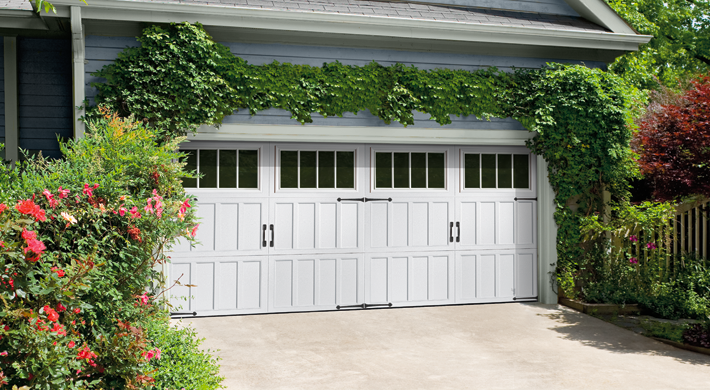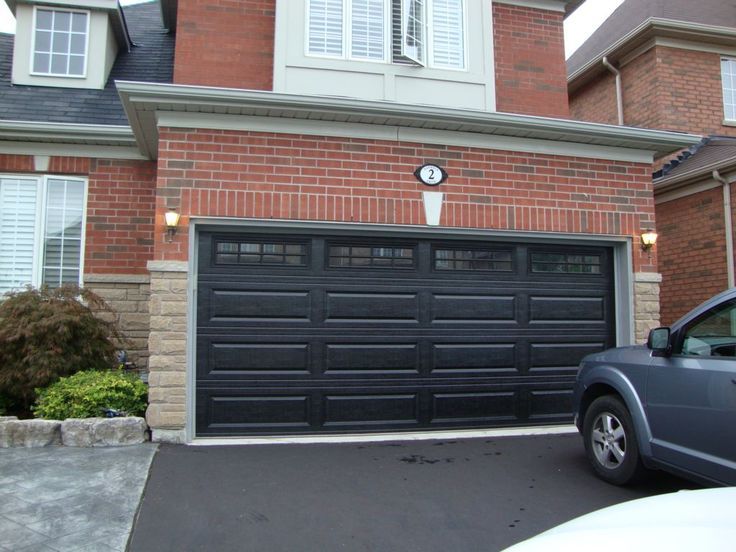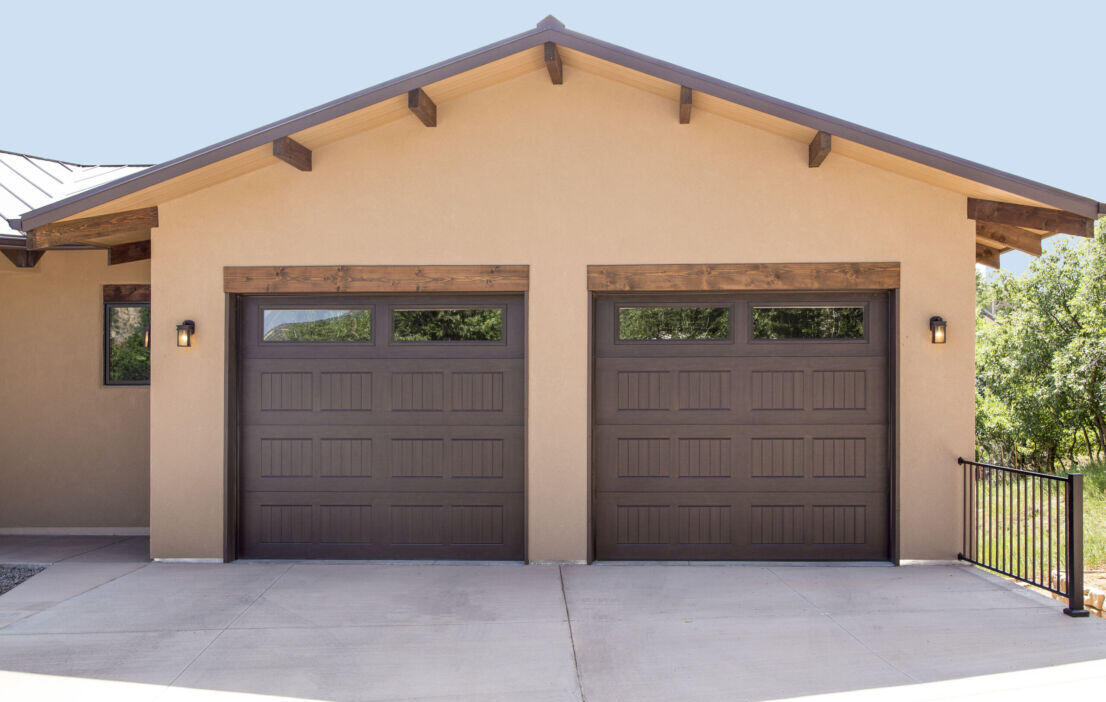When it comes to maintaining a peaceful and serene home environment, the significance of a quiet garage door cannot be underestimated. Many homeowners encounter the common issue of noisy garage doors, which can disrupt the tranquility of their living spaces. Fortunately, there are garage door noise proofing techniques that can effectively mitigate these disturbances. In this article, we will explore various methods to ensure your garage door operates smoothly and quietly, enhancing the overall comfort of your home.

Understanding the Causes of Garage Door Noise
Before diving into noise-proofing solutions, it’s crucial to understand the root causes of garage door noise. The most common culprits behind the racket include worn-out rollers, loose hardware, and lack of lubrication. Addressing these issues is the first step toward achieving a quieter garage door.
Worn-Out Rollers
Rollers play a pivotal role in the smooth operation of your garage door. Over time, these rollers can wear out, resulting in increased friction and noise. Upgrading to nylon rollers can significantly reduce noise levels and improve the overall performance of your garage door.
Loose Hardware
Loose nuts, bolts, and screws can cause vibrations and rattling noises. Regularly inspecting and tightening these components is essential for maintaining a quiet garage door. Pay special attention to brackets and hinges, as they are often the main sources of noise.
Lack of Lubrication
Friction between moving parts can generate substantial noise. Applying a high-quality lubricant to the springs, rollers, and tracks can minimize friction and noise. Make lubrication a part of your regular maintenance routine to keep your garage door operating silently.
Effective Noise Proofing Techniques
Installing Nylon Rollers
As mentioned earlier, nylon rollers are an excellent choice for reducing garage door noise. Unlike their metal counterparts, nylon rollers operate quietly and require minimal maintenance. Consider replacing your existing rollers with nylon ones to experience a significant reduction in noise levels.
Soundproofing Insulation
Adding soundproofing insulation to your garage door can help dampen noise transmission. This insulation not only reduces noise but also enhances the energy efficiency of your garage, keeping it cooler in the summer and warmer in the winter.
Weatherstripping
Weatherstripping is a simple yet effective method to minimize noise infiltration. Inspect the weatherstripping around your garage door and replace any damaged or worn-out sections. Proper weatherstripping not only reduces noise but also prevents drafts and moisture from entering your garage.
Vibration Dampening Pads
Installing vibration dampening pads beneath your garage door opener can absorb vibrations and reduce noise transmission. These pads act as a buffer between the opener and the ceiling, preventing the transfer of vibrations to the rest of your home.
Maintenance Tips for a Quiet Garage Door
Regular maintenance is key to ensuring your garage door remains quiet and efficient. Here are some essential maintenance tips:
Lubricate Moving Parts
As mentioned earlier, lubrication is crucial. Regularly lubricate the springs, rollers, and tracks to minimize friction and noise.
Inspect and Tighten Hardware
Check for loose nuts, bolts, and screws. Tighten them as needed to prevent vibrations and noise.
Clean Tracks
Debris and dirt in the tracks can increase friction and noise. Keep the tracks clean and free of obstructions.
Advanced Noise Proofing Solutions
Upgrade to a Belt Drive Opener
If your current garage door opener is noisy, consider upgrading to a belt drive opener. Belt drive openers are known for their quiet and smooth operation, making them an ideal choice for noise-conscious homeowners.
Install a Garage Door Silencer Kit
Garage door silencer kits are designed to reduce noise by absorbing vibrations and minimizing friction. These kits are a cost-effective solution for achieving a quieter garage door.
Benefits of a Quiet Garage Door
Investing in garage door noise proofing techniques offers numerous benefits beyond noise reduction. A quiet garage door:
- Enhances the overall comfort and tranquility of your home.
- Increases the lifespan of your garage door components.
- Improves energy efficiency by sealing out drafts and extreme temperatures.
- Boosts the curb appeal of your home by eliminating annoying noises.
For more information on maintaining your garage door, you might find this guide on garage door maintenance helpful.
Frequently Asked Questions (FAQs)
Why is my garage door so noisy?
Noisy garage doors are often the result of worn-out rollers, loose hardware, or lack of lubrication. Addressing these issues can significantly reduce noise levels.
Can I install nylon rollers myself?
While it’s possible to install nylon rollers yourself, it’s recommended to hire a professional for the best results. Proper installation ensures optimal performance and noise reduction.
How often should I lubricate my garage door?
Lubricate your garage door’s moving parts at least twice a year to maintain smooth and quiet operation.

Conclusion
Incorporating garage door noise proofing techniques into your home maintenance routine can greatly enhance your living environment. By understanding the causes of noise and implementing effective solutions, you can enjoy a quieter and more comfortable home. Remember, regular maintenance is key to preserving the tranquility of your space.
For even more insights into garage door innovations, be sure to check out our articles on Residential Garage Door Trends and Garage Door Opener with Smartphone Control.
This article contains affiliate links. We may earn a commission at no extra cost to you.




